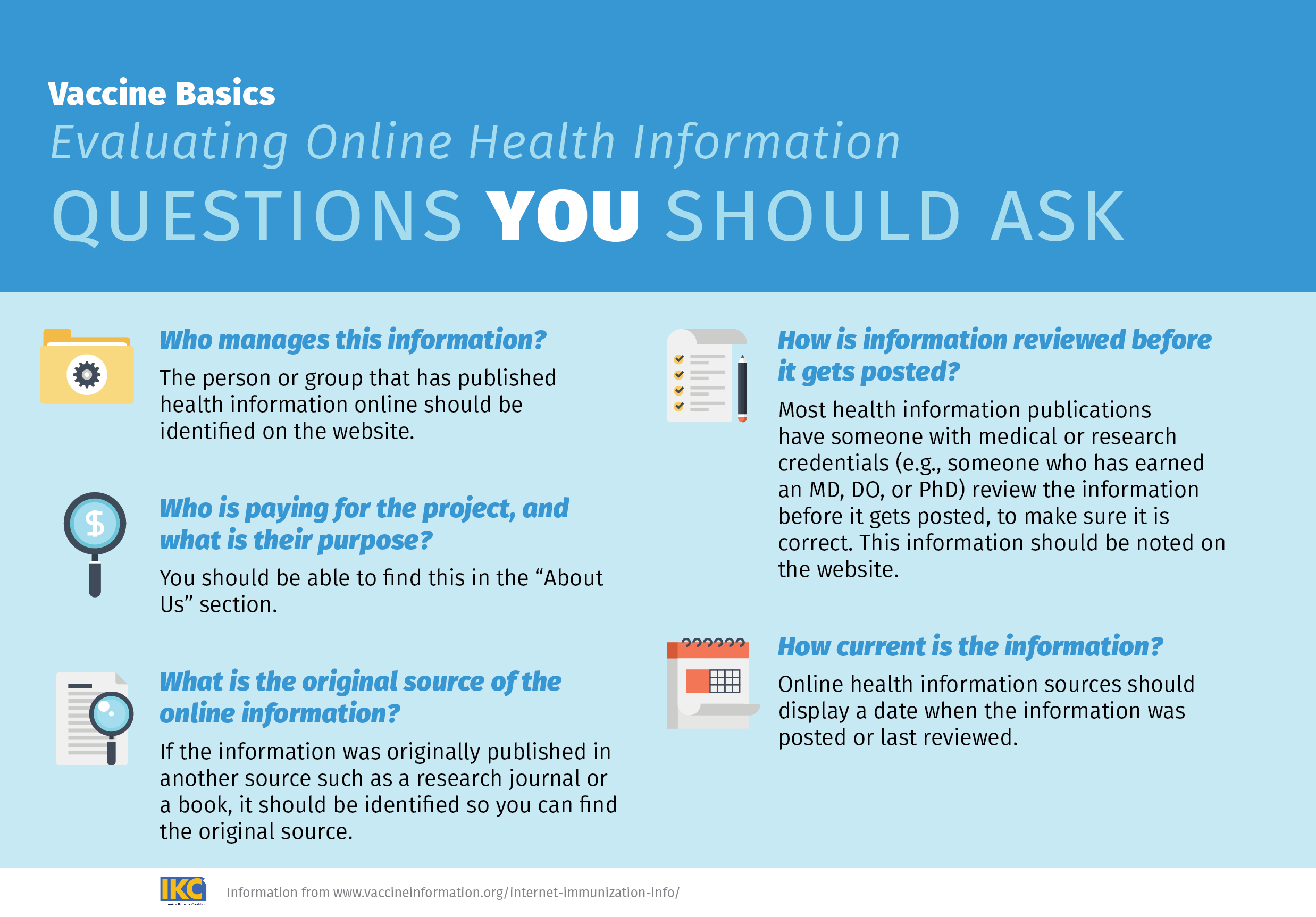
| When evaluating sources consider the following questions: |
Examining the Source below: |
Check their affiliations. Are they active in the scholarly conversation? Google the author. Keep the context in mind. What voices are missing from the conversation? |
The author of this article is Renan G.L. Silva, a postdoctoral researcher in the Health Ethics and Policy Lab at ETH Zürich, .... He holds a PhD in science and technology policy from the University of Campinas, Brazil.... He has a history of research that is highly cited. The author declared no conflicting interests. He received funding from Swiss National Science Foundation Grant n. 205608 (National Centre of Competence in Research Molecular Systems Engineering, NCCR-MSE). |
Consider the type of source and how the information was created, revised, and disseminated. Check for biases. |
This article is from a peer-reviewed academic journal, Globalization and Health. This journal is "dedicated to publishing high-quality, original research exploring how globalization processes affect global public health through their impacts on health systems and the social, economic, commercial, and political determinants of health." This is a specialty journal that focuses on globalization-related aspects of health, globalization-related processes inform the outcomes of the studies. The article was peer-reviewed before publication. |
Does your topic require current information? Could the information have changed? |
The article was first published online in 2024, adequately current for this field (AI and biomedical research). As several years pass, there will be articles that further build upon this research. |
Check the references and follow the links. |
The author includes a list of cited references to support his research, many of which can be accessed online through the library databases. |
Keep the context in mind. |
You would choose this article if it provides relevant information that can help you answer your research questions, meets your criteria for credibility, and makes sense for your research context (e.g. an essay on AI in health innovation). |
Based on Introduction to Library Research - Evaluation Questions from University of Florida.
Credits to Justin Wright

From Immunize Kansas Coalition.
Other evaluation sources:
|
ebook, 2015
Call Number: RA 440.85 R47 2022
Call Number: R 852 J33 2021
Call Number: R 723.7 H64 2024
Call Number: RA 427 U84 2015